September 4, 2022
Welcome back to my Precepts series—inspired by meaningful thoughts, insights, and discoveries I have during each week, and intentionally designed to help make your life just a little bit better. Enjoy!
You can find the Precepts series in its entirety here.
Precept 46: FOMO
Here's something I'll bet you already knew: you and I now live in what might be called a “hyper-information” era, in which vast amount of data and knowledge that all of world history's largest libraries, storehouses, and palaces could not even begin to contain now sits neatly in our back pocket inside a tiny supercomputer called a smartphone. This can be quite dizzying and intimidating. For example, when I was growing up, there was no such thing as the internet until I was fourteen years old. So if I wanted to learn something, I had to convince one of my parents to drive me to the library, or convince one of my friends, a teacher, or a tutor to teach me something, or quite possibly dive into the old Brittanica Encyclopedia collection in the basement. As a result, there were no distracting YouTube rabbit holes to dive down (you know, the ones that take you from researching how to field dress a rabbit to watching flying squirrels in Africa to laughing at a kitten trying to chase a frog); far less frequent exposures to a enormous number of activities, skills and entertainment you could be “missing out on” (Underwater Torpedo League – how have I not played that already?); and even fewer books to discover (“if you liked X book, you may also enjoy these 17 other titles, and you should feel bad about yourself if for some reason you do not read them all”).
As I ponder this new era we live in, I think of my sons, and I have to admit I get a little bit concerned. After all, what does a young boy, or a young girl, much less a fully grown adult, do with eleventy billion bits of info flying at them every single day, often with minuscule amounts of filtering know-how to determine if that info is appropriate, relevant, or helpful? Heck, if an adult like me who is still pretty good at ignoring the useless stuff still experience constant FOMO (Fear Of Missing Out) when it comes to knowledge and skills I could be learning, paired with a constant comparison of others who seem to be learning all the information in the world at a rapid pace (at least according to their social media profile), then how must it feel to be a child who has been tormented with such FOMO since birth?
So what do we do about this growing problem? How do we or our future generations handle the constant onslaught of information? I'll give you my top two solutions:
1) Learn to filter – the successful and happy human of the future will have learned how to develop a system and worldview that allows for ample wisdom and discernment to filter what is useful and what is not. Here's more on information overload and teaching a child to filter in an information age.
2) Know your purpose – anyone closely connected to their life's purpose and calling will be able to do a much better job deciding whether a certain piece of information is waste of time and energy or does indeed equip and empower one to live out their life's purpose in a spirit of fully loving others. In other words, ask yourself: will this help me be more purposeful and if so, how can I love others with this information? You can read more about how to find your purpose in life here and here and here.
When it comes to information overload, the two strategies above, when paired with a good old-fashioned sense of self-control and temperance, will do a good job keeping a human sane in a world of FOMO.
Precept 47: Sleep When You're Dead?
There a common saying amongst hard-charging, high-achievers that, “I'll sleep when I'm dead.”
Indeed, there seems to be a stereotype that those who prioritize sleep must be lazy, a sluggard, purposeless or all three.
But I beg to differ. While it is indeed true that – aside from elite athletes or growing babies and teenagers – too long a sleep period (9+ hours) is usually associated with lack of productivity and also an increased risk of most chronic diseases, a healthy sleep pattern of around 7-9 hours per night is one of the best methods in existence for enhancing your memory, sharpening your productivity “axe” and keeping you in the game of driven purpose and impact for a greater lifespan, with a simultaneous greater health plan.
So, reasonable and adequate sleep is not laziness. If anything, it is preparation: preparation for providing, for presence, and for purpose-filled activities. As I pray before I go to bed most nights: “Dear God, please grant me enough sleep to be refreshed and to serve you with excellence tomorrow.” The keyword there is enough.
Precept 48: Quiet Mind
Have you ever seen a leopard or some other kind of predatory cat laying silently in a tree, often for hours on end, mindfully waiting for its prey? Or heard of Navy SEAL snipers, who will often lay hidden in camouflage for 48 hours, quiet and focused as they intentionally drop their heart rate to a nearly undetectable beat rate? Or seen a monk sitting in silent meditation for seven days, or one hundred days, or even an entire year?
It's fascinating how living organisms possess the capability to slip into near hibernation at will. Animals do this naturally and unconsciously, particularly for survival, hiding, hibernation or hunting, but humans have a superpower of being able to consciously, at any moment, shut everything down around us and enter into a state of pure and relaxed focus. We just have to tap into our primal, ancestral ability to do so, which can be oh-so-difficult in our modern, busy, distracted existence.
How about you? How often do you develop or use this “skill” of quieting your mind and sitting with stillness in the silence? Sure, you may know a friend or neighbor or co-worker who did something like this at some kind of a silent meditation or cave retreat, but have you ever considered that you can actually train for and complete this practice yourself in your own backyard, basement, living room, or bedroom?
This practice of doing nothing, when practiced regularly, can also serve as a “reboot” for the nervous system and for excitatory hormones and neurotransmitters that may be in excess, such as cortisol and adrenaline. Sitting and doing nothing while clearing one's mind can be incredibly refreshing, but this “mind-emptying muscle” must be trained. To train it, you must have at least one period of time during each day where you simply sit and do nothing. This doesn't have to be a long sit: one minute will do, and five minutes is more than enough. The unfortunate fact is, most people can sit with an empty mind for no more than about thirty seconds without their thoughts straying, and if you try this for the first time, you will see what I mean. When I do this exercise, I like to imagine I am a leopard in a tree laying silently in wait for prey, or a sniper in camouflage laying for forty-eight hours to assassinate a villain, or (if you'd prefer a less violent analogy), a jellyfish hovering motionless in the midst of a rolling ocean. There are even legends of mysterious yogis who can sit like this and consciously lower their heart rate below 30 beats per minute, which would get you diagnosed with bradycardia (dangerously low heart rate) at the average doctor's office or hospital!
So sit. Think of nothing. Ponder nothing. Do nothing. Eyes closed, embrace pure darkness and nothingness. Don't “observe your thoughts” because you're not even thinking about doing that. If your experience is anything like mine, then when you finish (and again, I only do this for one to three minutes, and am personally not really able to do much more than that yet), it is as though a flood of new thoughts rush into your fully refreshed brain, a bit similar to “blood flow restriction” training in which you use BFR bands or a Kaatsu device to restrict blood flow to a muscle, and then when you remove them post-workout, you experience a flood of new, refreshing blood back to the muscles. Finally, not to get too logistical on you, doing this practice in a cold plunge, cold body of water, cold bath or ice bath seems to amplify the experience significantly. Enjoy.
That's it for this week! If you have questions, comments, or feedback below, please leave your thoughts. I read them all!


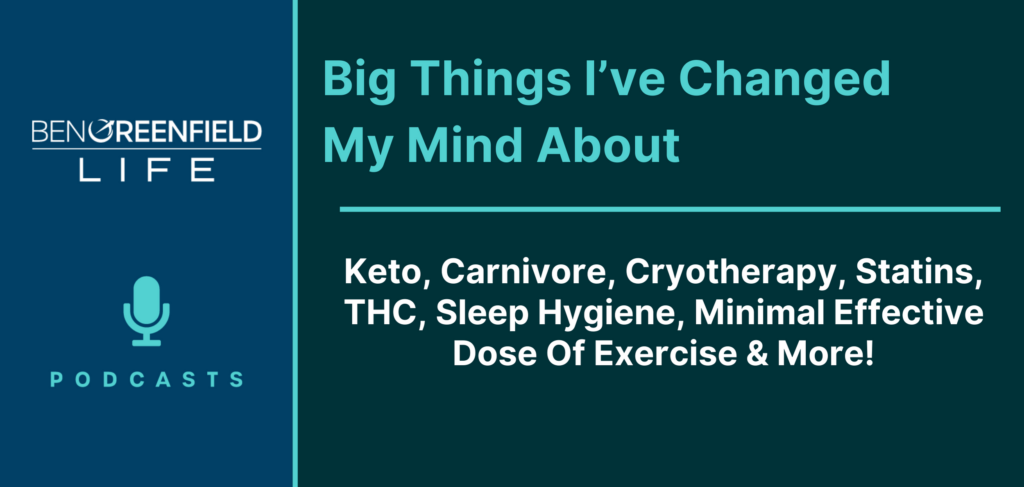



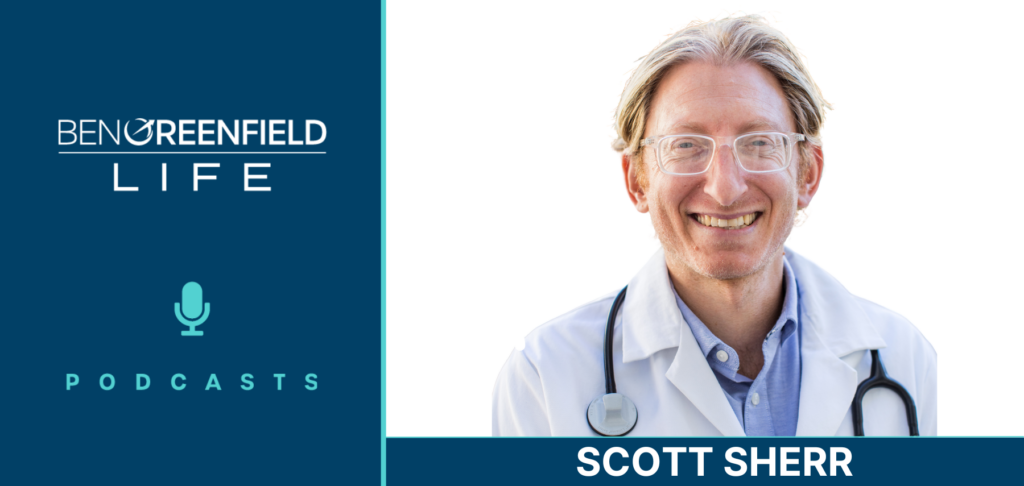
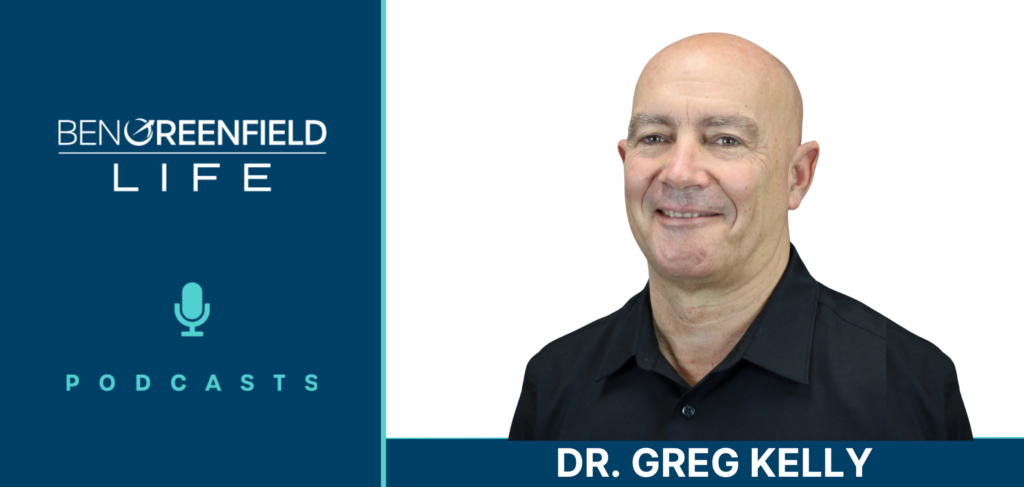

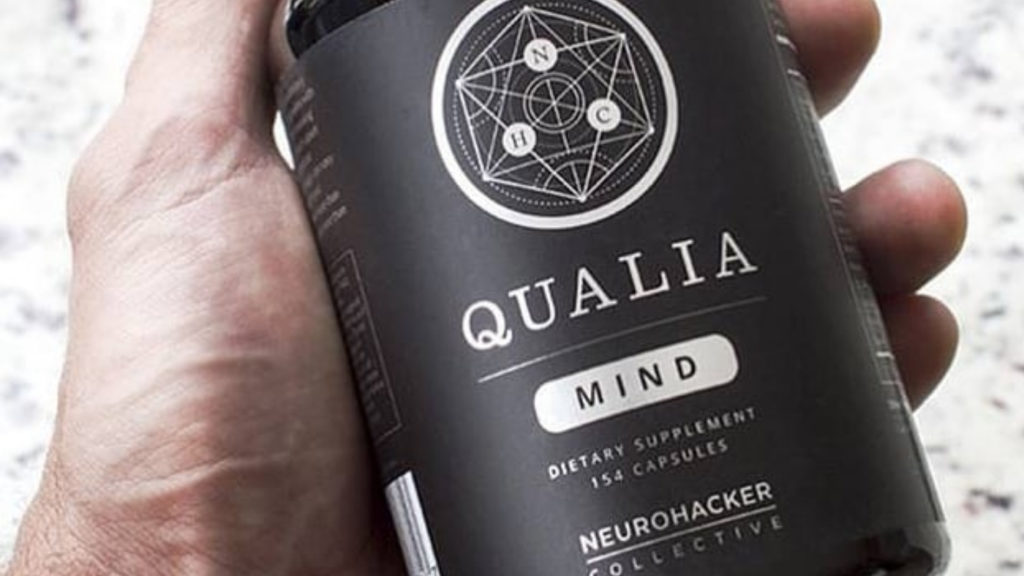

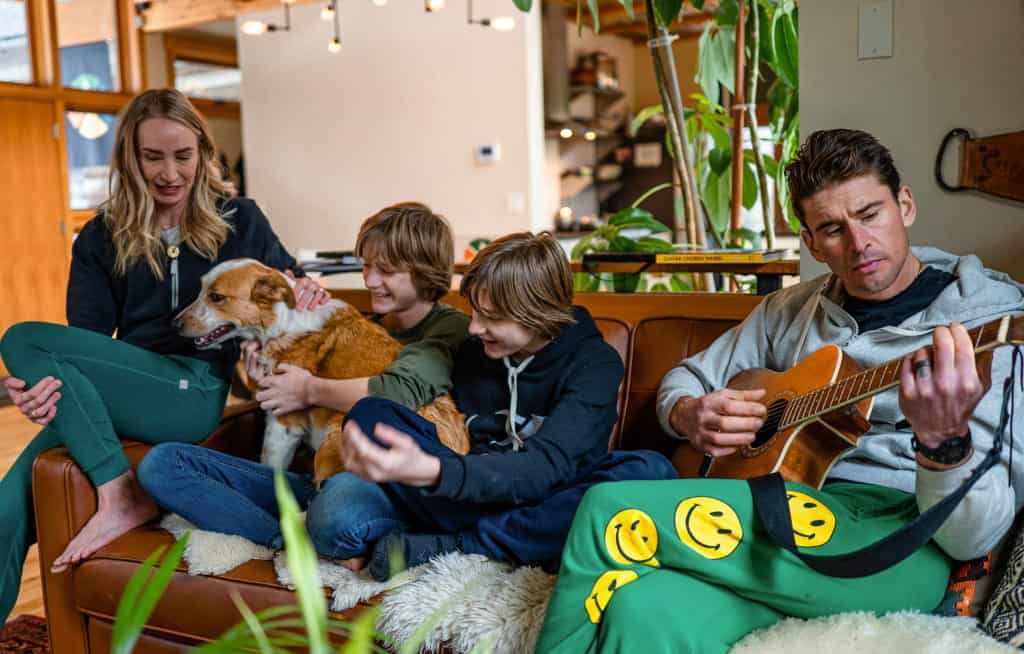


This is fantastic and I’m going to start a consistent practice immediately today. Thank you Ben.
Ben, I love your Brain Tap audios. God Grant me enough sleep. That’s why sometimes I need 7.5, or 8 or 9 or 10 or 13 after mycotoxin poisoning. I go to bed and let Him decide when to wake up for another Brain Tap. Could you do a few more? I am working on improving my self love and positive image. Could you put one with Theta to get it into my other than conscious mind? God Bless you and your family.